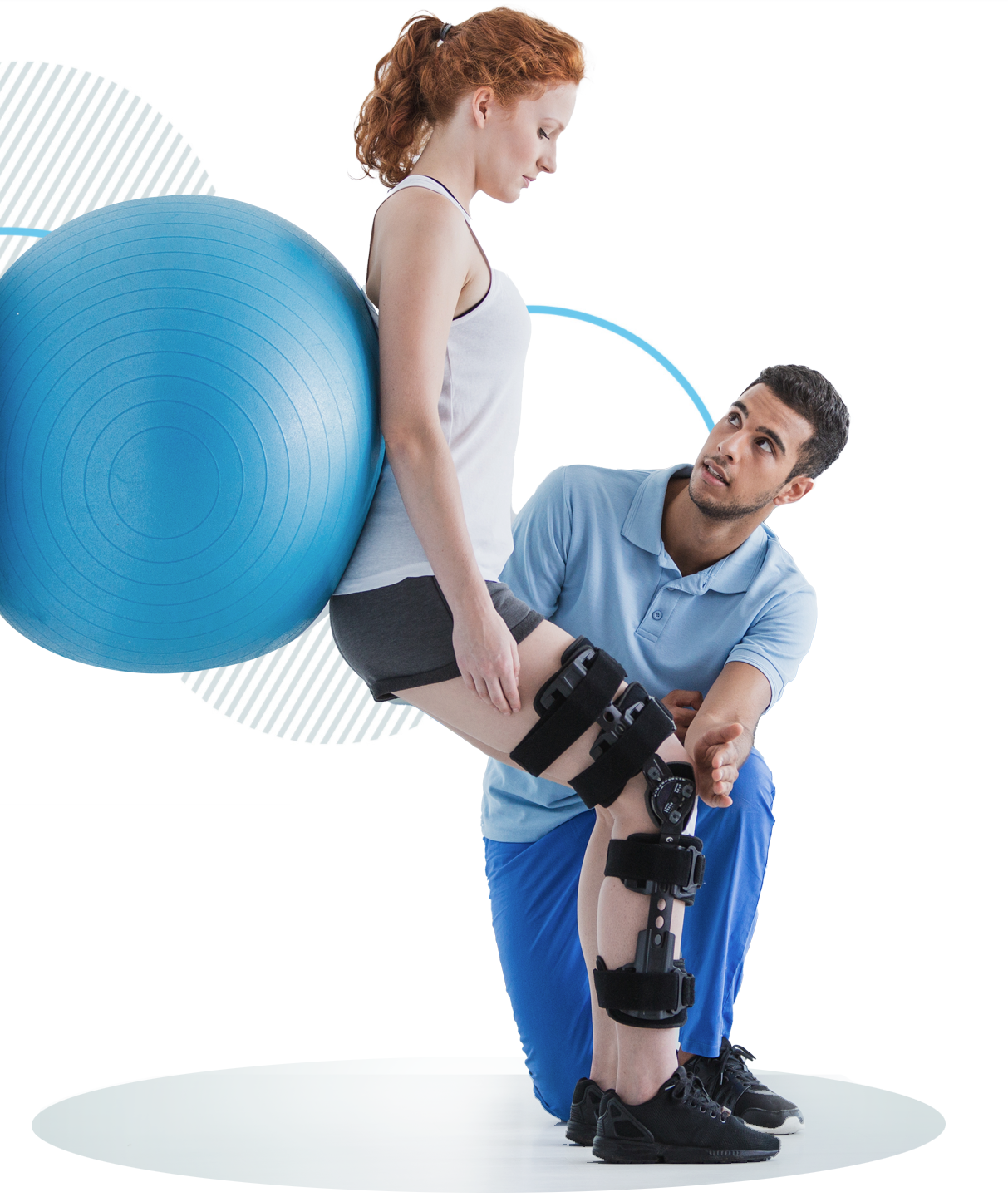Leveraging the Strength of Wearable Health Devices to Transform Private Coaching Performance
Leveraging the Strength of Wearable Health Devices to Transform Private Coaching Performance
Blog Article
Wearable health trackers has turned into popular tools for many individuals focused in enhancing their wellness and physical condition. These devices, often worn on the wrist like a timepiece, can track multiple bodily actions, including steps walked, heart rate, and calories burned. With cutting-edge technology, they provide users with immediate information, which can assist them take informed choices about their workouts and lifestyle. By harnessing the capability of these devices, personal trainers can greatly improve their clients' workout outcomes and overall fitness paths.
A single of the primary advantages of portable fitness monitors is their ability to track bodily movement levels throughout the daily routine. This information assists individuals establish achievable health goals based on their current activity levels. For example, if a client notices they only walk a specific number of steps daily, a personal trainer can help them create a plan to gradually increase that number. This goal-setting process encourages clients to remain inspired and responsible, making it simpler to adhere to their exercise routines and reach their targeted results.
In addition to tracking daily movements, portable health trackers provide important information into a client's well-being statistics. Functions like cardiac rhythm monitoring and rest monitoring can provide personal trainers with crucial data about their clients' overall well-being. Understanding how a customer's body responds to various workouts can help trainers tailor their programs for maximum effectiveness. For example, sports medicine rehabilitation if a tracker shows that a client’s heart rhythm stays high during light workouts, the trainer can adjust the difficulty or duration of the workouts to guarantee the customer is getting the maximum out of their exercise sessions.
Another advantage of utilizing wearable health monitors is the ability to examine patterns over the long term. Many devices connect with smartphone applications that offer detailed summaries on progress. Personal trainers can use this data to celebrate clients' achievements and address any challenges they may face. When clients can see their progress visually, it can enhance their confidence and motivate them to continue pushing hard. This ongoing response loop is crucial for maintaining motivation and promoting sustained commitment to fitness objectives.
Finally, portable fitness trackers can cultivate a feeling of community among clients. Many devices enable users to connect with friends or join competitions, encouraging light-hearted competition and support. Personal trainers can encourage their clients to participate with these community sports injury experts features, building a network of encouragement and responsibility. This social feature can render the health journey more pleasurable and rewarding, ultimately leading to improved results. To sum up, wearable fitness trackers can be powerful tools for personal trainers and their clients, transforming how individuals view health and physical condition.